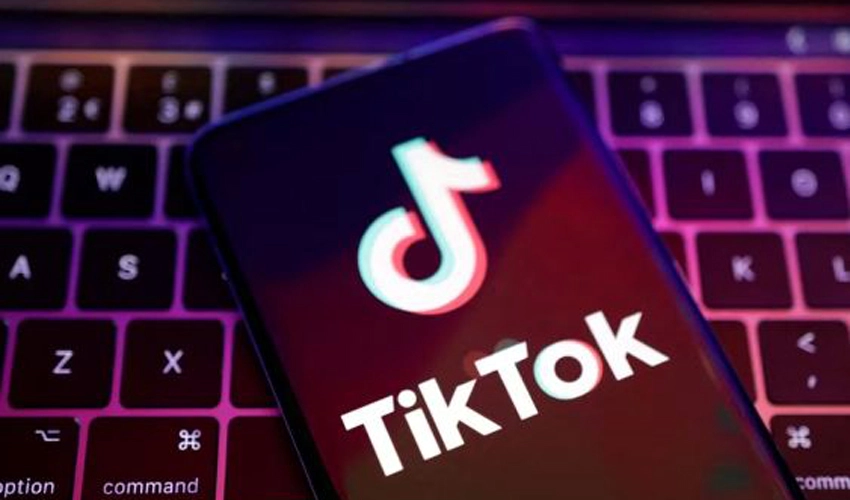TikTok begins storing European user data in Ireland

PARIS (AFP) - The Chinese-owned social media platform TikTok said on Tuesday it had opened a long-promised data centre in Ireland, as it tries to calm fears in Europe over data privacy.
Regulators across the world are worried that user data may be accessed by Chinese-based employees or government entities in Beijing. The platform, owned by Chinese company ByteDance, has repeatedly denied links to Beijing and said all user data was securely stored in Singapore and the United States.
It first sketched out a scheme to house European user data locally in 2020, fleshing out the plans in a series of blog posts over the years, before finally confirming one of its centres had opened. "Our first data centre in Dublin, Ireland, is now operational and migration of European user data to the centre has begun," TikTok said in a statement.
Two other centres, in Norway and Ireland, would be ready before the end of next year, TikTok's European privacy chief Elaine Fox told journalists. She said all European user data would then be stored locally. The firm also said British cybersecurity firm NCC Group would oversee its data security measures.
Worldwide bans
Big tech firms have struggled with EU rules restricting the transfer of personal information, even to the US. The European Union has tried several times to broker data-sharing agreements with the US but each time the European Court of Justice has blocked the deals.
The judges have sided with activists who argue that US firms are obliged to hand over data to national security agencies, breaching the rights of EU residents. TikTok saw its popularity rocket during pandemic lockdowns, particularly with young people, and now boasts more than one billion users around the world and more than 125 million in Europe.
But scrutiny ramped up after ByteDance admitted in December 2022 that employees had accessed the data of two US journalists during an internal probe into corporate leaks. Since then, countries including Australia, Belgium and Canada have banned the app from government-owned devices. The US state of Montana has announced a complete ban on the app, though the move is being appealed.







